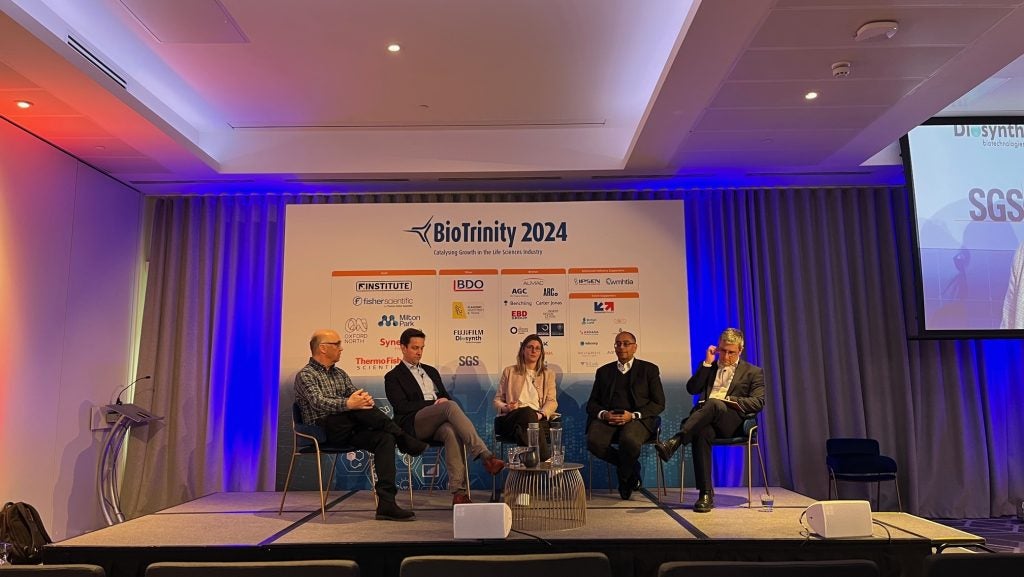Discussions surrounding the Inflation Reduction Act (IRA) are heating up as the 2026 effect date gets closer. Speakers at the recently concluded BioTrinity conference were in particular concerned about the knock-on effects that the IRA may have on R&D, including a reduction in innovation.
The IRA was introduced in 2022 and aims to curb inflation by allowing Medicare to negotiate prices and rebates for certain drugs from drug makers. Industry critics have said the IRA has far-reaching implications for biotech and pharma companies, including reduced drug pricing for Medicare patients, diminished returns for investors, and altered business strategies.
“I think the effect on R&D to a degree is probably unintended, but I think those consequences might be fairly large,” said Duncan McHale, co-founder of Weatherden.
Currently, the IRA has two different timelines for large (biologics) and small molecule therapeutics. Biologics can be selected for price negotiation 11 years after approval, with the price enacted 13 years post-approval. The law gives small molecule drugs a shorter, nine-year post-approval window before their “fair prices” are implemented. Due to this, McHale pointed out that pharma companies may rethink their pipelines to contain fewer small molecule drugs.
According to GlobalData’s Pharma Intelligence Center Deals Database, US-headquartered biotechs saw 48% ($1.05bn) more in innovator biologic drug venture financing over innovator small molecule drug venture financing in 2023.
GlobalData is the parent company of Pharmaceutical Technology.
McHale also said that the strategy of starting small and then expanding may become less appealing to companies. “You've got this challenge where “tip of the spear” type development approaches, where you go narrow and fast into small patient populations and then try and expand later, are going to become much less attractive, because you've got much less time to recoup your additional development costs,” says McHale. The understanding is that previously, if company started with a rare disease and then expands to treat another rare disease or a common one, the timer goes back to when they first got approval, giving them less time to make money.
However, it’s not all doom and gloom as some pharma companies may turn to new and innovative clinical trial approaches to keep costs down and decrease time, explained Dean Griffiths, managing director at Clearview Healthcare Partners consultancy.
“One of the things we're seeing a lot of pharma companies increasingly interested in now is using some of these more innovative trial approaches to decrease that cost of running a [trial in an] individual indication.
“From a biotech perspective, it increases the number of potential deals you can do and increases the number of potential partners you can be partnering with,” concludes Griffiths.
The Biden Administration is facing multiple lawsuits launched by pharma companies and industry advocates including AstraZeneca and Johnson & Johnson (J&J). The lawsuits all make similar claims that the Inflation Reduction Act violates the US Constitution.









